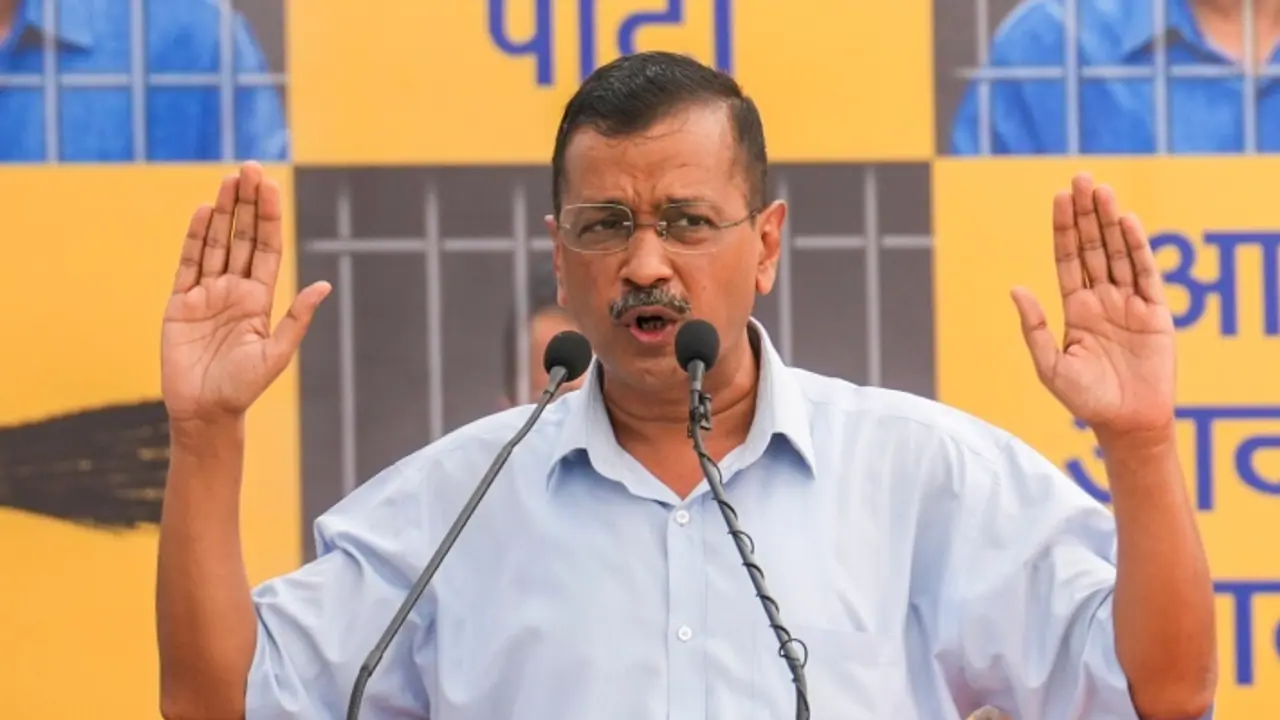The Delhi CM's move comes after a court's decision on June 26 to send him to three-day custody, which was extended to judicial custody until July 12 following the end of his initial custody period.
Delhi Chief Minister Arvind Kejriwal on Monday (July 1) approached the Delhi High Court to challenge his recent arrest and remand by the Central Bureau of Investigation (CBI) in relation to the Delhi excise policy case.

The Delhi CM's move comes after a court's decision on June 26 to send him to three-day custody, which was extended to judicial custody until July 12 following the end of his initial custody period. The court justified this extension by saying that Kejriwal's involvement as a "main conspirator" in the excise policy case had been established.
Delhi airport T1 closure: 22,615 passengers affected, 9,972 refunds processed
The CBI had requested 14-day judicial custody for Kejriwal, arguing that he had been uncooperative during the investigation and had provided evasive responses. The agency also expressed concerns about potential witness tampering by Kejriwal.
On March 21, the Enforcement Directorate (ED) had arrested CM Kejriwal in connection with a money-laundering investigation related to the same excise policy case. Subsequently, on June 26, the CBI arrested him.
In justifying its decision for custody, special judge Sunena Sharma stressed the need for Kejriwal's custodial interrogation to confront him with additional evidence likely to emerge during the ongoing investigation.
According to the court, the investigating officer highlighted in the case diary that Kejriwal had been uncooperative and had not fully disclosed pertinent facts during his custodial questioning.
Hurricane Beryl: India's 2024 T20 men's cricket team likely stranded in Barbados; check details
Furthermore, the court mentioned incriminating evidence collected during the investigation indicating that illicit funds were allegedly used during Goa's assembly election to cover expenses such as air tickets and hotel bookings for Kejriwal's visits between June 2021 and February 2022.
Kejriwal and several other AAP leaders face accusations of accepting Rs 100 crore in kickbacks from a group of businessmen and politicians in exchange for formulating a favorable liquor policy.
